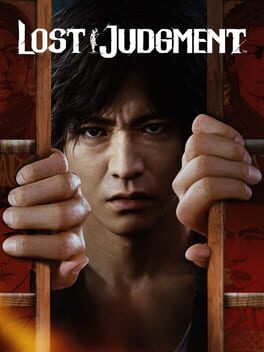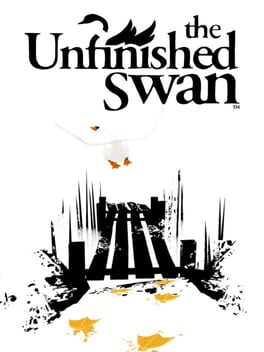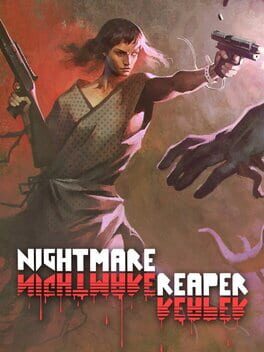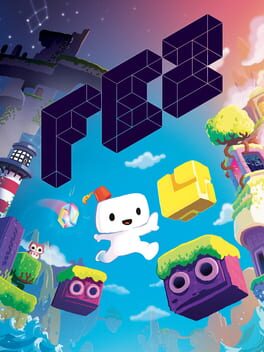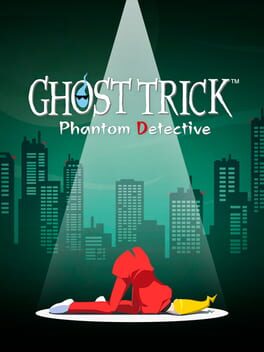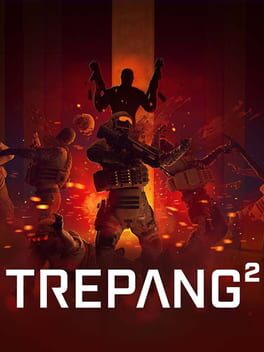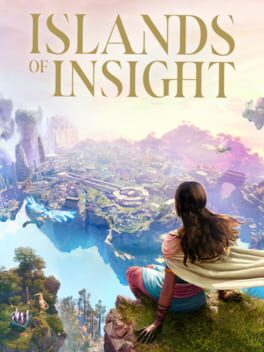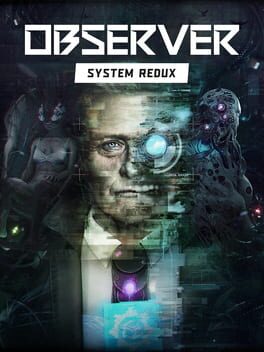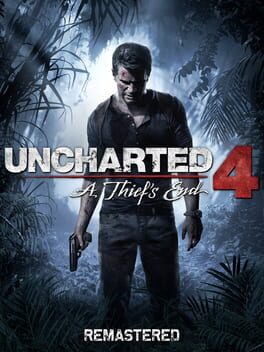Hologon
2021
Lost Judgment continues following the exploits of the Yagami Detective Agency and makes several notable improvements to the play experience. I think there are areas of this game which are a bit weaker than the first though, so I'm conflicted on which I like more. After finishing this though, I am confident putting the Judgment games near the top of RGG's catalogue.
Lots of gameplay mechanics were improved from Judgment, lots of things were added, and a few things that kinda sucked were taken out. For the most part, the additions make the game better. For instance, I had a great time exploring the more fleshed out side stories at the high school which are also peppered with new minigames to enjoy. Skateboarding around town is fun, beating people down with the improved combat system was very satisfying, and having a change of scenery in the form of Like a Dragon 7's setting Ijincho was nice. Off the top of my head the only thing the game could have done without is those blasted parkour segments, they were so clunky and boring.
Story here obviously takes more of a mystery approach than RGG's mainline crime thrillers, it is a detective game after all. However, compared to the first Judgment which felt like I was unraveling a mystery bit by bit until the very end, this one felt more like 2/3 uncovering the mystery and the last part of the game was just resolution. I'm not sure how to explain it even with spoilers, but that last third of the game did not hit that hard for me. Even the finale, which is usually where even meh RGG games bring their A-game, didn't really captivate me as much as I expected.
All in all, Lost Judgment is a great sequel, but also just a great game in its own right. There's lots to see and do, and a solid plot to back it all up.
Lots of gameplay mechanics were improved from Judgment, lots of things were added, and a few things that kinda sucked were taken out. For the most part, the additions make the game better. For instance, I had a great time exploring the more fleshed out side stories at the high school which are also peppered with new minigames to enjoy. Skateboarding around town is fun, beating people down with the improved combat system was very satisfying, and having a change of scenery in the form of Like a Dragon 7's setting Ijincho was nice. Off the top of my head the only thing the game could have done without is those blasted parkour segments, they were so clunky and boring.
Story here obviously takes more of a mystery approach than RGG's mainline crime thrillers, it is a detective game after all. However, compared to the first Judgment which felt like I was unraveling a mystery bit by bit until the very end, this one felt more like 2/3 uncovering the mystery and the last part of the game was just resolution. I'm not sure how to explain it even with spoilers, but that last third of the game did not hit that hard for me. Even the finale, which is usually where even meh RGG games bring their A-game, didn't really captivate me as much as I expected.
All in all, Lost Judgment is a great sequel, but also just a great game in its own right. There's lots to see and do, and a solid plot to back it all up.
2012
2019
Boomer shooter meets looter shooter, I guess. As other reviews point out, the game is somewhat long and potentially gets repetitive, but personally I find its reliance on randomness to spice things up works pretty well. Having the upgrade systems be their own minigames is another fun idea which helps this game stand out. I was pretty surprised in general at how unique it felt, and I think it's worth a try for anyone interested in retro-style FPS games.
While I thought that Like a Dragon 7 was a rocky transition to the JRPG format, this game has fully convinced me that this is a good direction for the series. The new setting is awesome, combat is incredibly fun, the main story is decent, substories are hilarious, new minigames are goofy as hell, and the whole game is packed to the gills with fan service. Hats off, RGG.
2012
"Puzzle platformer" is a genre I typically tend to shy away from, as in general I find that the puzzling and the platforming get in each other's way more than they synergize. I think this holds true in FEZ, but both aspects are good enough on their own to keep the game propped up.
First, just wandering and collecting the cube shards littered all over the map was a lot of fun. Using the rotation mechanic is pretty natural in most of the regular rooms and the platforming challenges were fun to get through. The game is also a treat to look at with a very unique and varied aesthetic.
At a certain point, you run out of easy stuff to grab and have to start solving more of the game's puzzles. These are more the kind of puzzles where you have to figure out what the hell you're even looking at, not the kind where there are well understood rules. The problem this creates is that sometimes you just don't see something the way that the creators did, and staring at it for longer and longer doesn't usually help. Your only options at that point are to look it up or ignore it, both of which are unsatisfying. I would say this applies to a relatively small percentage of FEZ, but as I went for completion it was something I had to deal with.
For its time, I think having in-game "languages" which the player can translate was a very novel concept, and I will say that once you get it translating stuff feels pretty cool. The problem is to learn each of the languages you just need to find a specific room which essentially tells you everything (implicitly). Not only can it be frustrating if you didn't happen to find that room, but it could have been more interesting if you learned things in bits and pieces.
Overall, I think FEZ is pretty fun as a collect-a-thon, but can get fairly annoying if you end up scouring the map for every last thing. The game is intentionally vague and cryptic, and people are still trying to work out the meaning of stuff in it to this day. While I recognize that's impressive feat for a piece of art, I personally would have been happier stopping at around 80% completion.
First, just wandering and collecting the cube shards littered all over the map was a lot of fun. Using the rotation mechanic is pretty natural in most of the regular rooms and the platforming challenges were fun to get through. The game is also a treat to look at with a very unique and varied aesthetic.
At a certain point, you run out of easy stuff to grab and have to start solving more of the game's puzzles. These are more the kind of puzzles where you have to figure out what the hell you're even looking at, not the kind where there are well understood rules. The problem this creates is that sometimes you just don't see something the way that the creators did, and staring at it for longer and longer doesn't usually help. Your only options at that point are to look it up or ignore it, both of which are unsatisfying. I would say this applies to a relatively small percentage of FEZ, but as I went for completion it was something I had to deal with.
For its time, I think having in-game "languages" which the player can translate was a very novel concept, and I will say that once you get it translating stuff feels pretty cool. The problem is to learn each of the languages you just need to find a specific room which essentially tells you everything (implicitly). Not only can it be frustrating if you didn't happen to find that room, but it could have been more interesting if you learned things in bits and pieces.
Overall, I think FEZ is pretty fun as a collect-a-thon, but can get fairly annoying if you end up scouring the map for every last thing. The game is intentionally vague and cryptic, and people are still trying to work out the meaning of stuff in it to this day. While I recognize that's impressive feat for a piece of art, I personally would have been happier stopping at around 80% completion.
2023
I can't really tell if this title wants to be like DOOM or Call of Duty, because it seems to try both and not quite hit a peak on either front. The two main abilities (cloak and bullet-time) are very fun to use in combat, but the weapons left a lot more to be desired. Every time I tried to use a different weapon I always just gravitated back to the shotgun, and the gap gets even larger on the game's harder (and downright unfair) difficulties.
Trepang2 also has a narrative that was more interesting than I expected, but still nothing to write home about. Some levels even focused more on this than combat, which I found pretty odd. At the end of the day, I'm playing a game like this to feel like a badass.
It's a fun time, but ultimately a missable experience.
Trepang2 also has a narrative that was more interesting than I expected, but still nothing to write home about. Some levels even focused more on this than combat, which I found pretty odd. At the end of the day, I'm playing a game like this to feel like a badass.
It's a fun time, but ultimately a missable experience.
2024
If Ubisoft made a puzzle game, this is about what I imagine it would be. There's some genuinely fun puzzles (mostly logic grids), and then a ton of 123abc filler """puzzles""". The game is "multiplayer", but there is 0 interaction between players so it is entirely pointless. Overall just experimental in all the wrong ways, but still kinda fun to play as a chill game.
An odd experience to be sure, but a welcome one.
Cyberpunk is not really a theme I am usually too interested in, but Observer's heavy dystopian take on it was honestly really cool. Being stuck in a lockdown of an apartment complex trying to solve a mystery (or a few) is a good concept, and I appreciate the freedom that is given to explore the environment. Using the bio and tech scanners along with some intuition to figure things out was a familiar but welcome concept.
Of course, the title also hints toward another way the game lets you discover things which is exploring people's minds. This is definitely an interesting component, but it leans far too heavy into the abstract for my personal tastes. It is usually not too difficult to understand the point of what is being shown, but it's surrounded by a ton of shit that is just weird for the sake of being weird. Also, you could repeat that exact same sentence replacing "weird" with "scary" because this is also a horror game I guess? I think it could have done without both of those things and stood even higher, but I still enjoyed my time.
Cyberpunk is not really a theme I am usually too interested in, but Observer's heavy dystopian take on it was honestly really cool. Being stuck in a lockdown of an apartment complex trying to solve a mystery (or a few) is a good concept, and I appreciate the freedom that is given to explore the environment. Using the bio and tech scanners along with some intuition to figure things out was a familiar but welcome concept.
Of course, the title also hints toward another way the game lets you discover things which is exploring people's minds. This is definitely an interesting component, but it leans far too heavy into the abstract for my personal tastes. It is usually not too difficult to understand the point of what is being shown, but it's surrounded by a ton of shit that is just weird for the sake of being weird. Also, you could repeat that exact same sentence replacing "weird" with "scary" because this is also a horror game I guess? I think it could have done without both of those things and stood even higher, but I still enjoyed my time.
